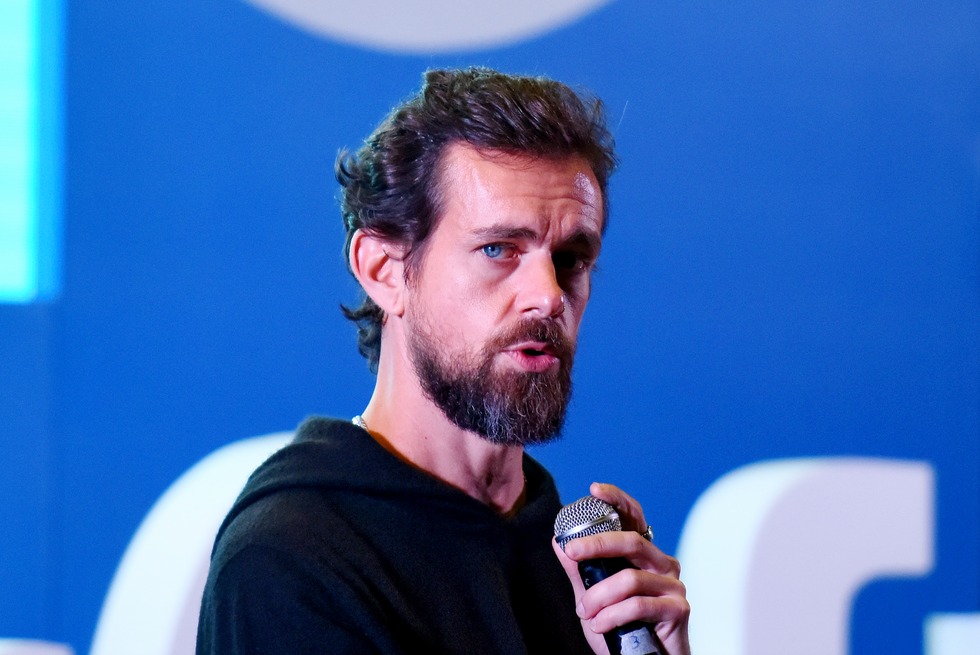Bluesky is having a moment.
The social media app has added more than 1.25 million users in the week since Donald Trump won the US election.
It has times been the most downloaded app on both US and UK Apple stores as liberal left-leaning users leave Elon Musk's X en masse.
When former Twitter CEO Jack Dorsey founded Bluesky back in 2019, it was initially conceived as a research project to investigate the possibility of decentralising the platform.
With nine million users before the election, it had established itself but was dwarfed by X, which boasts 600 million monthly active users.
Trump's decisive win on November 5 inflated its user base. Liberals who felt Musk's endorsement of the president-elect on X influenced the result flocked to the platform in their droves.
Discontent had been brewing long before the election, however. Since taking it over, Musk's critics have accused him of drowning out liberal voices by amplifying right-wing conspiracies.
It is worth remembering that the same line of attack came from the right during Dorsey's time at Twitter.
There were accusations that Twitter was "shadow banning" (reducing the visibility of accounts without their knowledge) conservative voices.
This reached a crescendo following the suspension of Donald Trump post-January 6 after his support stormed the Capitol.
Does Dorsey's Bluesky offer a solution to all this? Does its soaring popularity reflect a genuine appetite for more positive content? Will cat videos replace Andrew Tate memes?
I signed up to the platform to investigate - and was immediately disappointed by what I saw.
My feed was filled with vitriolic posts about Trump and his so-called "enablers".
One user expressed their elation at no longer having to listen to "mango Mussolini" - an apparent reference to Trump's orange tinge and "fascistic" style of governance.
Another branded Robert F Kennedy an "Anti-vax lunatic" who is "coming for your children".
The complex situation in Gaza wasn't given much more nuance, with one user posting: F***k Trump free Palestine" and another writing: "Israel has gotta go."
There is plenty of virtue signalling on display too, with one user sarcastically writing: "A major problem with bluesky is that i can offhandedly remark 'i hate drawing, its too hard' and then a sweet old lady will gently encourage me and kindly point me to some useful resources to get started drawing and i dont know what to do with myself."
The usual suspects on the left have also flocked to the platform. Democrat Alexandria Ocasio-Cortez - also known as AOC - wasted no time in taking a thinly veiled swipe at Musk's X.
She wrote: "Should I tell Twitter I’m here? I don’t want to inadvertently cause an influx of all the worst accounts on the internet."
Across the Atlantic, Home Office minister Jess Philips announced she was switching platforms, as well as LBC's James O'Brien, who told his 1.2 million followers: "Think I’m going to be increasingly over on Bluesky."
How quickly Bluesky has descended into an echo chamber raises a salient question: is it even possible to build a truly benign social media platform, and would one even be desirable?

 By GB News (Politics) | Created at 2024-11-15 11:51:25 | Updated at 2024-11-22 03:35:58
6 days ago
By GB News (Politics) | Created at 2024-11-15 11:51:25 | Updated at 2024-11-22 03:35:58
6 days ago









